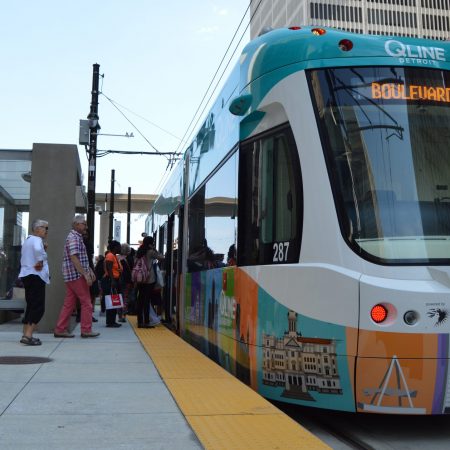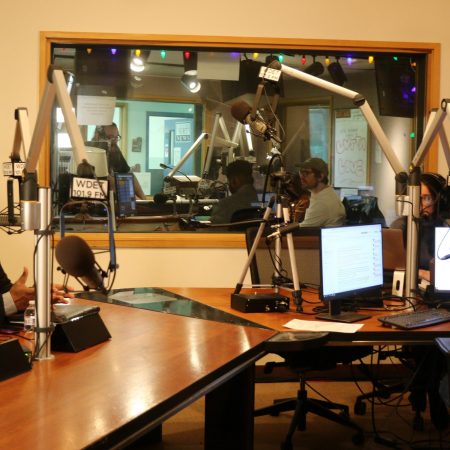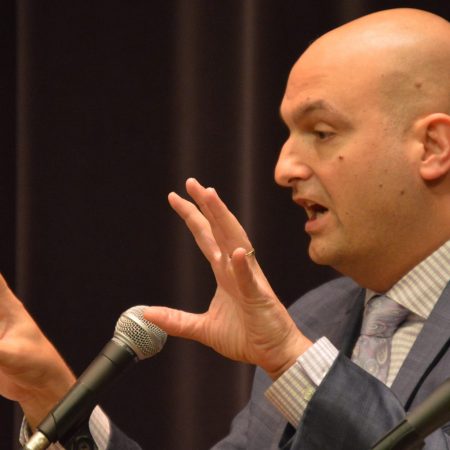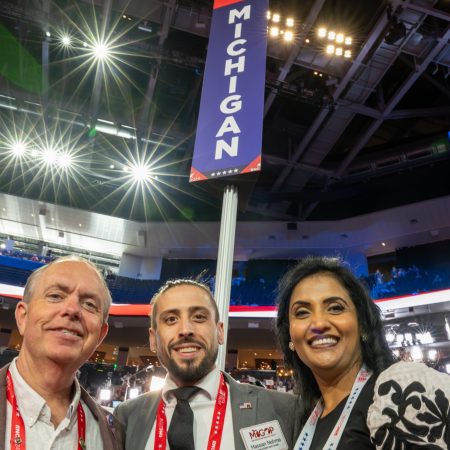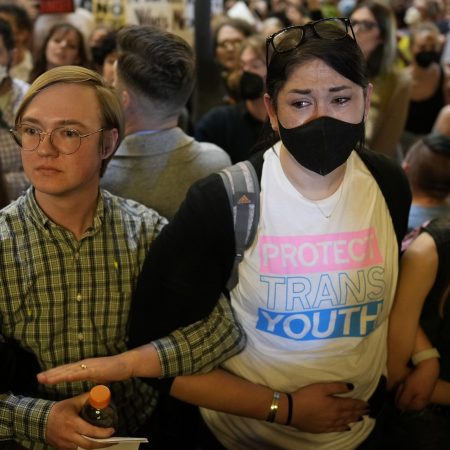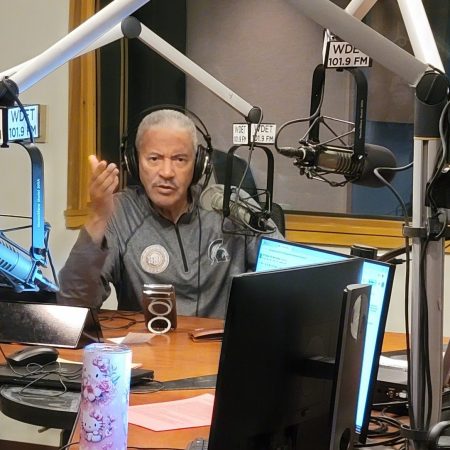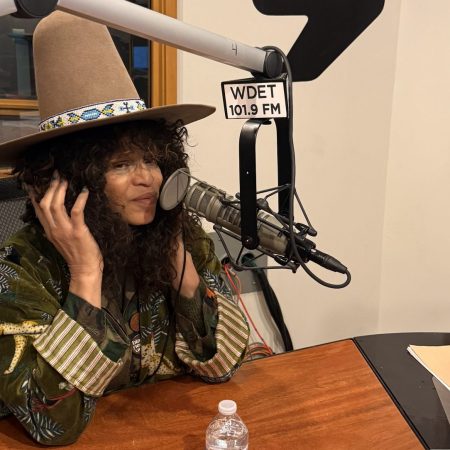The Metro: Talking to strangers is good for your health, research shows
Subscribe to The Metro on Apple Podcasts, Spotify, NPR.org or wherever you get your podcasts.
Think about the last place you were in public. It could have been the grocery store, on the bus, or in the waiting room at the dentist.
If you did manage to strike up a conversation with a stranger, how did it make you feel? While it might be uncomfortable, it turns out there are benefits to connecting with strangers, people you may not know.
There is mounting research that suggests that having real-life interactions with other people is good for our health and happiness. In 2023, former Surgeon General Vivek Murthy issued an advisory warning that isolation poses a health risk equivalent to smoking 15 cigarettes a day.
Today on The Metro, we’re talking to some experts and getting to know some strangers on the phones.
Guests:
- Kayla Perry: Marketing and communications manager at the Detroit Area Agency on Aging. She joined us to talk about the importance of in-person conversation and community for seniors.
- Nick Epley: He’s a professor of behavioral science at the University of Chicago’s Booth School of Business. Epley has authored numerous articles on the ways we interact with each other and he co-authored an influential study on talking to strangers that produced interesting results.
We also asked listeners:
“Are you one of those people who seeks out conversations with strangers? Or do you avoid them?”
Joe in Rochester Hills says when he talks to strangers, “You get a smiley face, you get a happy look almost always.”
Use the media player above to hear the full conversation.
More stories from The Metro on March 27, 2025:
- President Donald Trump announced this week that he will place 25% tariffs on auto imports — including autos coming from Canada. WDET’s All Things Considered host and Senior News Editor Russ McNamara crossed the border into Canada to find out how Windsorites are reacting to tariffs and Trump’s idea of annexing our northern neighbor.
- A new exhibition at Detroit boutique Coup D’état is honoring the life and work of photographer Bill Rauhauser, known as “the dean of Detroit photography.” Coup D’état Owner Angela Wisniewski-Cobbina joined The Metro to discuss the exhibit, held in partnership with Hill Gallery in Birmingham.
- The Michigan Public Service Commission (MPSC) has approved a rate hike for Consumers Energy, allowing the utility to collect an additional $154 million in revenue. State regulators already approved rate hikes for both DTE and Consumers Energy in the past year. Metro Producer Cary Junior II spoke to Michigan Public Service Commission member Katherine Peretick to better understand how the commission decides to sign off on price hikes.
Listen to The Metro weekdays from 10 a.m. to noon ET on 101.9 FM and streaming on-demand.
Trusted, accurate, up-to-date.
WDET strives to make our journalism accessible to everyone. As a public media institution, we maintain our journalistic integrity through independent support from readers like you. If you value WDET as your source of news, music and conversation, please make a gift today. Donate today »The post The Metro: Talking to strangers is good for your health, research shows appeared first on WDET 101.9 FM.





